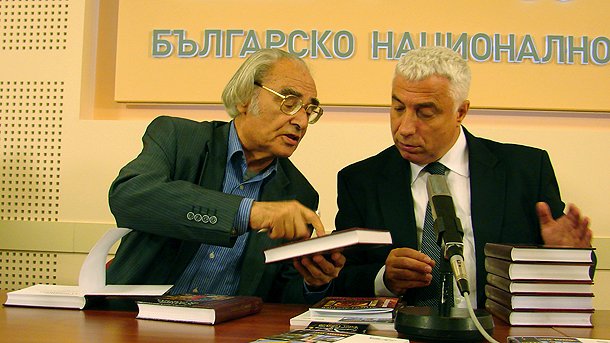
Joy, optimism and good mood. This is what the team of the Bulgarian Cultural Institute in Bratislava promise us. On December 8, at Teatro Colorato in the Slovak capital, at 6 p.m. local time, the concert "Let it be Jazz, Let it be..
The caretaker Minister of Culture Nayden Todorov participated in a meeting of the Council of Ministers of Culture of South-East Europe, which was held under the presidency of Montenegro and in cooperation with the UNESCO Regional..
A photographic exhibition "Sylvie Vartan and her Bulgaria", dedicated to the French music icon of Bulgarian origin, will be open to the public from December 4, 2024, at the gallery of the Bulgarian Cultural Institute in Paris , BTA reported. "The..
The latest project by director Stefan Komandarev, "The Block Universe", is one of the 35 selected projects at the most important global forum for film..
The latest Bulgarian film "Before I Forget" can be seen in cinemas from today. It depicts the sad reality of one of the most common modern diseases -..

+359 2 9336 661
